Join us as we take a deeper dive into this intriguing concept and shed light on the world of non-custodial wallets.
In this comprehensive guide, we will explore the fundamental principles, advantages, and considerations surrounding non-custodial wallets. By the end of this blog, you’ll have a solid understanding of what non-custodial wallets are and why they have become an integral part of the cryptocurrency ecosystem. Therefore, let’s continue the conversation and expand our knowledge together!
- Non-custodial wallets offer enhanced security as you retain complete control over your private keys.
- With non-custodial wallets, you have the power to manage your funds without relying on intermediaries.
- These digital wallets prioritize user privacy as they do not require personal identification information.
- While choosing a non-custodial wallet, look out for key features such as reliability, user experience, supported cryptocurrencies, as well as reputation, and community trust.
- It’s always important to safeguard your private keys: Store your private keys offline in secure hardware wallets or encrypted digital vaults.
What Are Non-Custodial Wallets?
Additionally, non-custodial wallets, also known as self-custody wallets, empower individuals to directly manage and control their cryptocurrencies. In a non-custodial wallet, you are the sole custodian of your private keys, which are essential for accessing and authorizing transactions on the blockchain. By utilizing non-custodial wallets, you eliminate the need to trust third-party entities with the security and management of your digital assets.
Advantages of Non-Custodial Wallets
- Protection: Non-custodial wallets offer enhanced protection as you retain complete control over your private keys. This eliminates the risk of hacks or security breaches associated with centralized custodial services.
- Decentralized Control: With non-custodial wallets, you have the power to manage your funds without relying on intermediaries. You can send, receive, and store cryptocurrencies directly, enabling a decentralized approach to financial transactions.
- Privacy: Non-custodial wallets prioritize your privacy as they do not require personal identification information. This ensures that your financial transactions remain confidential and shielded from unnecessary scrutiny.
- Access to Multiple Cryptocurrencies: Non-custodial wallets often support a wide range of cryptocurrencies, providing users with flexibility and the ability to manage different digital assets from a single wallet.
How Do Non-Custodial Wallets Work?
Non-custodial wallets leverage cryptographic principles to enable the trusted management of cryptocurrencies. Here’s a breakdown of the key components and their roles:
- Private Keys: Private keys are unique alphanumeric codes that grant access to your funds. They must be kept secret and safeguarded, as anyone who possesses your private keys can control your cryptocurrencies.
- Public Addresses: Public addresses, also known as public keys, are derived from your private keys and serve as your wallet’s public identifier. You can share your public address with others to receive cryptocurrencies.
- Wallet Software: Non-custodial wallet software allows you to generate and manage your private keys, view transaction history, and interact with the blockchain. It comes in various forms, including desktop, mobile, and web-based wallets.
Choosing a Non-Custodial Wallet
When selecting a non-custodial wallet, consider the following factors:
- Protection: Firstly, look for wallets with robust security features, such as encryption, multi-factor authentication, and backup options for private keys.
- User Experience: Consider wallets with intuitive interfaces and user-friendly features that align with your technical proficiency and preferences.
- Supported Cryptocurrencies: Ensure that the wallet supports the specific cryptocurrencies you intend to manage.
- Reputation and Community Trust: Research the wallet provider’s reputation, user reviews, and active community engagement to gauge their credibility.
Protecting Your Non-Custodial Wallet
To ensure keeping your non-custodial wallet far from risk, follow these best practices:
- Safeguard Your Private Keys: Store your private keys offline in secure hardware wallets or encrypted digital vaults.
- Implement Strong Passwords: Create a strong and unique password for your wallet, combining uppercase and lowercase letters, numbers, and special characters.
- Enable Two-Factor Authentication (2FA): Activate 2FA to add an extra layer of verification to your wallet login process, requiring an additional authentication step.
- Regularly Update Your Wallet Software: Keep your non-custodial wallet software up to date to ensure you have the latest reliability patches and features.
- Be Mindful of Phishing Attempts: Beware of phishing scams and only access your wallet through official sources or verified links to prevent unauthorized access to your funds.
Embracing Decentralized Control
Non-custodial wallets represent a shift towards decentralized control and financial empowerment. By utilizing these wallets, you become an active participant in the decentralized finance (DeFi) ecosystem. Embrace the principles of decentralization and take charge of your financial future by utilizing non-custodial wallets to confidently manage your digital assets.
Telegram — Twitter — Facebook — Instagram — LinkedIn — YouTube
This article incorporates insights and content generated by language model and other AI technologies. Despite the author’s diligent efforts to ensure the content’s accuracy and reliability, neither the author nor KoinBay can guarantee the absolute correctness, comprehensiveness, or dependability of all information provided.
Additionally, cryptocurrency trading inherently carries significant risks, and it’s not suited for everyone. Therefore, before engaging in cryptocurrency trading, it’s essential to evaluate your investment goals, experience, and risk tolerance. Remember, it’s possible that you could experience a total or partial loss of your investment, hence only invest what you can afford to lose entirely. It’s crucial to understand all risks associated with cryptocurrency trading and consider seeking counsel from an independent financial advisor. Moreover, participating in ICOs, IEOs, STOs, or any other offerings doesn’t assure any returns on your investment.
In conclusion, always stay informed and exercise caution when dealing with cryptocurrencies and related technologies.

